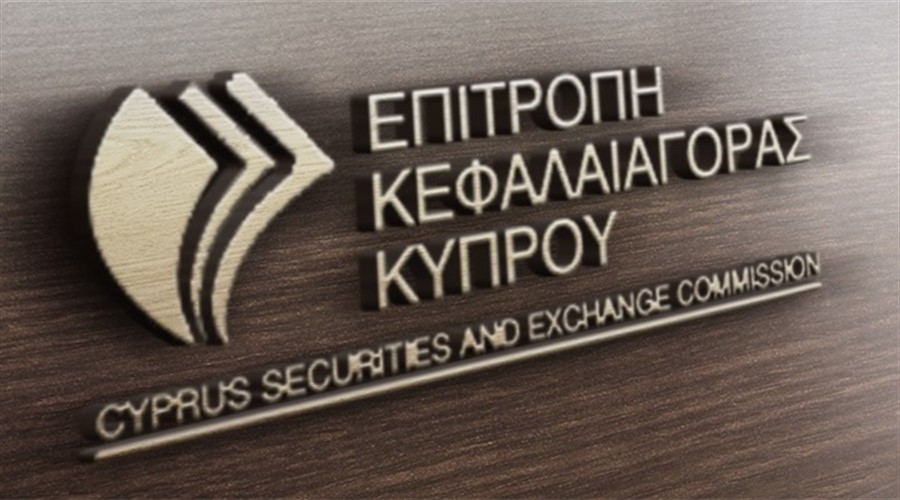[ad_1]
On Tuesday, the Cyprus Securities and Exchange Commission
(CySEC) announced an adjustment to its policy on the provision of
investment and ancillary services and or activities in third countries by
Cyprus Investment Firms (CIFs). Third countries are countries that do not belong to the European Union or the European Economic Areas.
The adjustments are contained in a new circular issued by the Cypriot financial markets
regulator following its Board meeting held last Thursday.
Finance Magnates compared the new circular with the old one which was issued on February 8, 2018, and found
that the major difference is that CySEC now requires CIFs to submit a relevant certificate from a competent authority of a third country when the third country does not require
authorization for them to provide the services stated in the provision. As stated in the old circular, the
financial watchdog required a legal opinion issued by a qualified lawyer or a
legal firm of the relevant jurisdiction in this type of situation.
Also, as stated in the old circular, CIFs in their letters of intent are required to include a list of third countries where they intend
to provide the stated services, noting for each country whether it has
obtained the relevant authorization from a competent authority or a legal
opinion that no authorization is required. However, the new circular does not
mention the need for a legal opinion for this particular step.
In addition, the new circular enjoins CIFs
that are already operating in third countries to ensure that they continue to
comply with the Legislative Framework applicable in such countries.
Retained Rules
A study of both circulars shows that most rules
were retained. CIFs that want to provide investment and ancillary services and/or activities in third countries are still required to notify CySEC of such moves via a letter of intent.
Before providing and performing the
aforementioned services and activities in third countries, the firms are still tasked with acquiring the necessary authorization from the respective
legal authorities of the third countries. Again, CIFs are still required to provide
CySEC with a certified copy of the authorization for the provision of the
mentioned services as issued by the competent authority of the third country.
Furthermore, CySEC noted that the process
of acquiring required authorization from third countries still remains the
exclusive duty of CIFs. Additionally, these investment firms are still required to file
information about their third-country operations on CySEC’s portal. Moreover, they
are still expected to notify the market supervisor in writing when the
third countries that they operate in change.
“All existing and newly established CIFs must
declare [post] on their websites the names [information] of all the third
countries in which they provide/perform services/activities,” both circulars
state.
On Tuesday, the Cyprus Securities and Exchange Commission
(CySEC) announced an adjustment to its policy on the provision of
investment and ancillary services and or activities in third countries by
Cyprus Investment Firms (CIFs). Third countries are countries that do not belong to the European Union or the European Economic Areas.
The adjustments are contained in a new circular issued by the Cypriot financial markets
regulator following its Board meeting held last Thursday.
Finance Magnates compared the new circular with the old one which was issued on February 8, 2018, and found
that the major difference is that CySEC now requires CIFs to submit a relevant certificate from a competent authority of a third country when the third country does not require
authorization for them to provide the services stated in the provision. As stated in the old circular, the
financial watchdog required a legal opinion issued by a qualified lawyer or a
legal firm of the relevant jurisdiction in this type of situation.
Also, as stated in the old circular, CIFs in their letters of intent are required to include a list of third countries where they intend
to provide the stated services, noting for each country whether it has
obtained the relevant authorization from a competent authority or a legal
opinion that no authorization is required. However, the new circular does not
mention the need for a legal opinion for this particular step.
In addition, the new circular enjoins CIFs
that are already operating in third countries to ensure that they continue to
comply with the Legislative Framework applicable in such countries.
Retained Rules
A study of both circulars shows that most rules
were retained. CIFs that want to provide investment and ancillary services and/or activities in third countries are still required to notify CySEC of such moves via a letter of intent.
Before providing and performing the
aforementioned services and activities in third countries, the firms are still tasked with acquiring the necessary authorization from the respective
legal authorities of the third countries. Again, CIFs are still required to provide
CySEC with a certified copy of the authorization for the provision of the
mentioned services as issued by the competent authority of the third country.
Furthermore, CySEC noted that the process
of acquiring required authorization from third countries still remains the
exclusive duty of CIFs. Additionally, these investment firms are still required to file
information about their third-country operations on CySEC’s portal. Moreover, they
are still expected to notify the market supervisor in writing when the
third countries that they operate in change.
“All existing and newly established CIFs must
declare [post] on their websites the names [information] of all the third
countries in which they provide/perform services/activities,” both circulars
state.
[ad_2]
Source link






